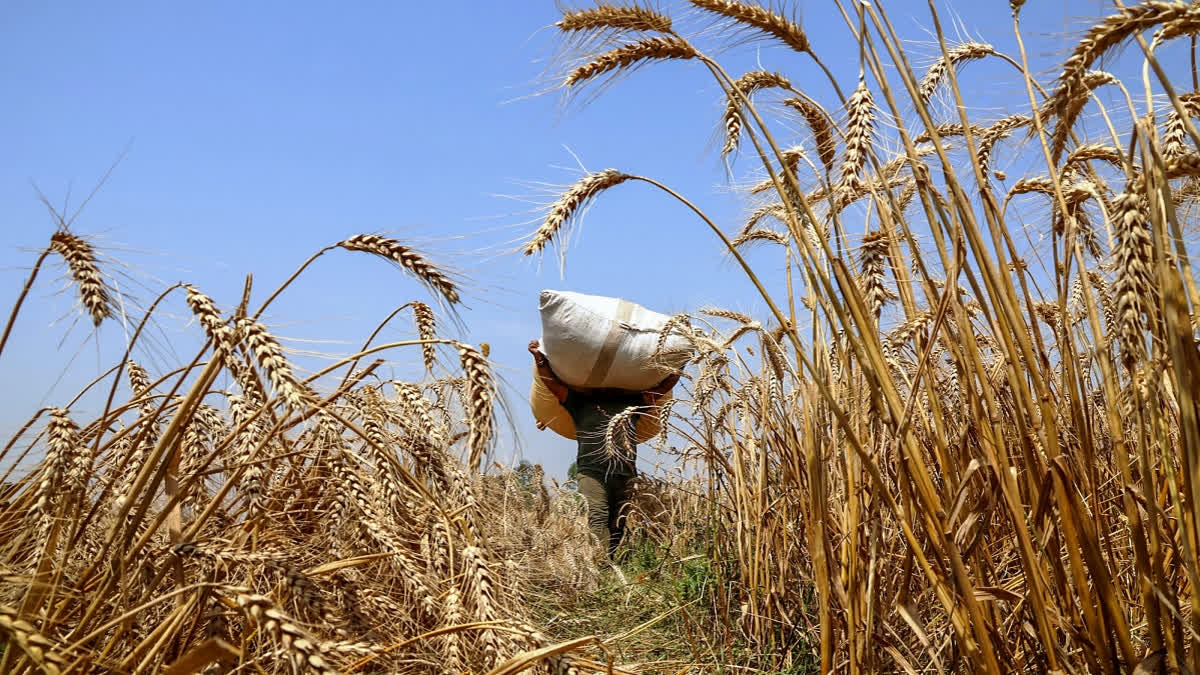New Delhi: In a move to check wheat price rise and hoarding, the Centre on Monday imposed stock holding limits on traders, wholesalers, retailers and processors with immediate effect.
The restrictions will remain in force until March 31, 2025, across all states and Union Territories. Single retailers, big-chain retailers, processors and wholesalers will disclose wheat stocks every Friday, said Union Food Secretary Sanjeev Chopra in a press briefing here.
Under the new rules, retail outlets and individual stores of big chain retailers are allowed to stock up to 10 tonnes of wheat, an official statement said. Traders, wholesalers, and large depots of big chain retailers face a cap of 3,000 tonnes each.
For processors, the limit is set at 70 per cent of their monthly installed capacity (MIC) multiplied by the remaining months of the 2024-25 fiscal. The government has mandated all entities to declare their stock position and regularly update it on the Department of Food and Public Distribution's portal (https://evegoils.nic.in/wsp/login). Those holding stocks exceeding the prescribed limits have been given a 30-day window to comply with the new norms.
"I want to dispel the shortage of wheat in the country," Chopra stressed. He also noted that there is a ban on wheat exports as of now, and there is no proposal to review a ban on the export of sugar. The decision comes after a high-level meeting, chaired by Home Affairs and Cooperation Minister Amit Shah, held last week, where officials were directed to monitor wheat prices closely.
The government had then signalled its readiness to intervene in the market to ensure price stability for consumers. Official data reveals that wheat and wheat flour prices have risen by up to Rs 2 per kg compared to last year.
As of June 20, the average retail price of wheat stood at Rs 30.99 per kg, up from Rs 28.95 a year ago. Wheat flour prices have also climbed to Rs 36.13 per kg against Rs 34.29 per kg last year. The government maintains that it has sufficient wheat stocks to meet the requirements of the Public Distribution System (PDS) and other welfare schemes, which amount to approximately 18.4 million tonnes.
As of June 18, the government procured 26.6 million tonnes of wheat for the central pool in the 2024-25 rabi marketing year, marginally higher than the 26.2 million tonnes procured in the preceding year. Chopra pointed out that the stock limit has been imposed to reduce hoarding and noted that there are many tools (to keep a tab on retail prices) and the stock limit is one of such tools.
Read More



